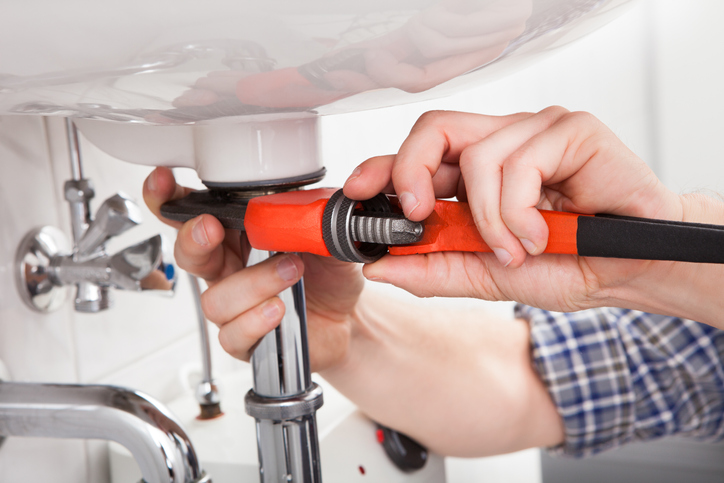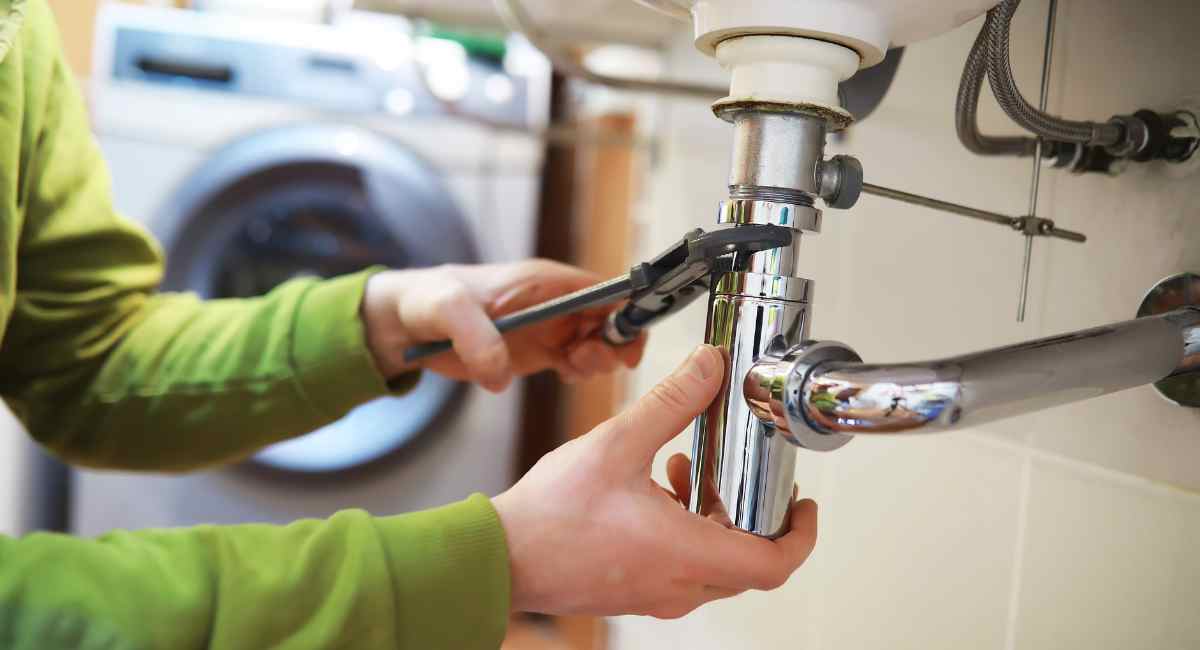Choosing the right water heater is crucial for homeowners and real estate developers who are keen on energy saving. The debate between tankless water heaters and traditional models is ongoing, with many considering factors such as efficiency, cost, and convenience. In this guide, we will explore how each type of heater works and which might be the best choice for your energy needs.

Understanding Water Heaters
Water heaters are essential in any home, providing the hot water necessary for showers, washing dishes, and other household tasks. But not all water heaters function the same way. There are significant differences between tankless and traditional water heaters, especially when it comes to energy efficiency.
What is a Traditional Water Heater?
A traditional water heater stores hot water in a tank, usually ranging from 30 to 50 gallons. It continuously heats the water to maintain a set temperature, which can lead to energy waste when the stored hot water is not in use.
What is a Tankless Water Heater?
A tankless water heater, on the other hand, heats water on demand. When you turn on the hot water tap, cold water travels through a pipe into the unit where it’s heated by either a gas burner or an electric element. This process eliminates the need for a storage tank, potentially reducing energy consumption.
Comparing Energy Efficiency
How Traditional Water Heaters Consume Energy
Since traditional heaters keep a reservoir of water hot at all times, they consume a significant amount of energy. This can result in higher utility bills, especially in colder climates where the heater works harder to maintain the water temperature.
Energy Efficiency of Tankless Water Heaters
Tankless models are generally more efficient because they only heat water as it’s needed. This on-demand approach can lead to substantial energy savings, particularly in households that use less than 41 gallons of hot water daily.
Cost Considerations
Initial Installation Costs
The initial cost of a tankless heater can be higher than that of a traditional one. Installation is more complex due to the need for special venting and possibly upgrading your electrical system. However, these upfront costs are often offset by the long-term energy savings.
Long-Term Savings
Despite the higher initial cost, a tankless water heater can be more cost-effective over time. According to the U.S. Department of Energy, tankless heaters can be 24%34% more energy-efficient than storage water heaters for homes that use 41 gallons or less of hot water daily.
Space and Convenience
Space Requirements
Traditional water heaters can take up significant space due to their large tanks. In contrast, tankless models are compact and can be mounted on walls or installed in smaller spaces, making them ideal for homes with limited space.
Convenience and Supply
One of the main advantages of a tankless system is the endless supply of hot water it provides, as long as you have the necessary flow rate. This can be particularly beneficial for larger families or homes with high hot water demand.
Environmental Impact
Reducing Carbon Footprint
By using less energy, tankless water heaters contribute to reducing your home’s carbon footprint. They are an excellent choice for environmentally conscious homeowners looking to decrease their impact on the planet.
Making the Right Choice
Factors to Consider
When deciding between a tankless and a traditional heater, consider factors such as your household’s hot water needs, available space, and your budget for installation and maintenance. Each home is unique, and the right choice depends on your specific circumstances.
Consulting Professionals
It’s advisable to consult with a professional plumber or a home energy expert. They can assess your home’s needs and recommend the most suitable water heating solution. For more information on plumbing needs in new homes, visit this guide.
Conclusion
In conclusion, both tankless and traditional water heaters have their advantages and disadvantages. While tankless models offer greater energy efficiency and space-saving benefits, traditional heaters are more affordable upfront. Ultimately, the best choice depends on your specific needs and priorities.

FAQs
Are tankless water heaters more efficient than traditional ones?
Yes, tankless water heaters are typically more efficient because they heat water on demand, reducing energy consumption.
Do tankless water heaters provide unlimited hot water?
Yes, as long as the unit’s flow rate is sufficient, tankless water heaters can provide unlimited hot water.
What are the main disadvantages of traditional water heaters?
Traditional water heaters can be less efficient due to standby heat loss and occupy more space due to their large tanks.
This article contains affiliate links. We may earn a commission at no extra cost to you.




